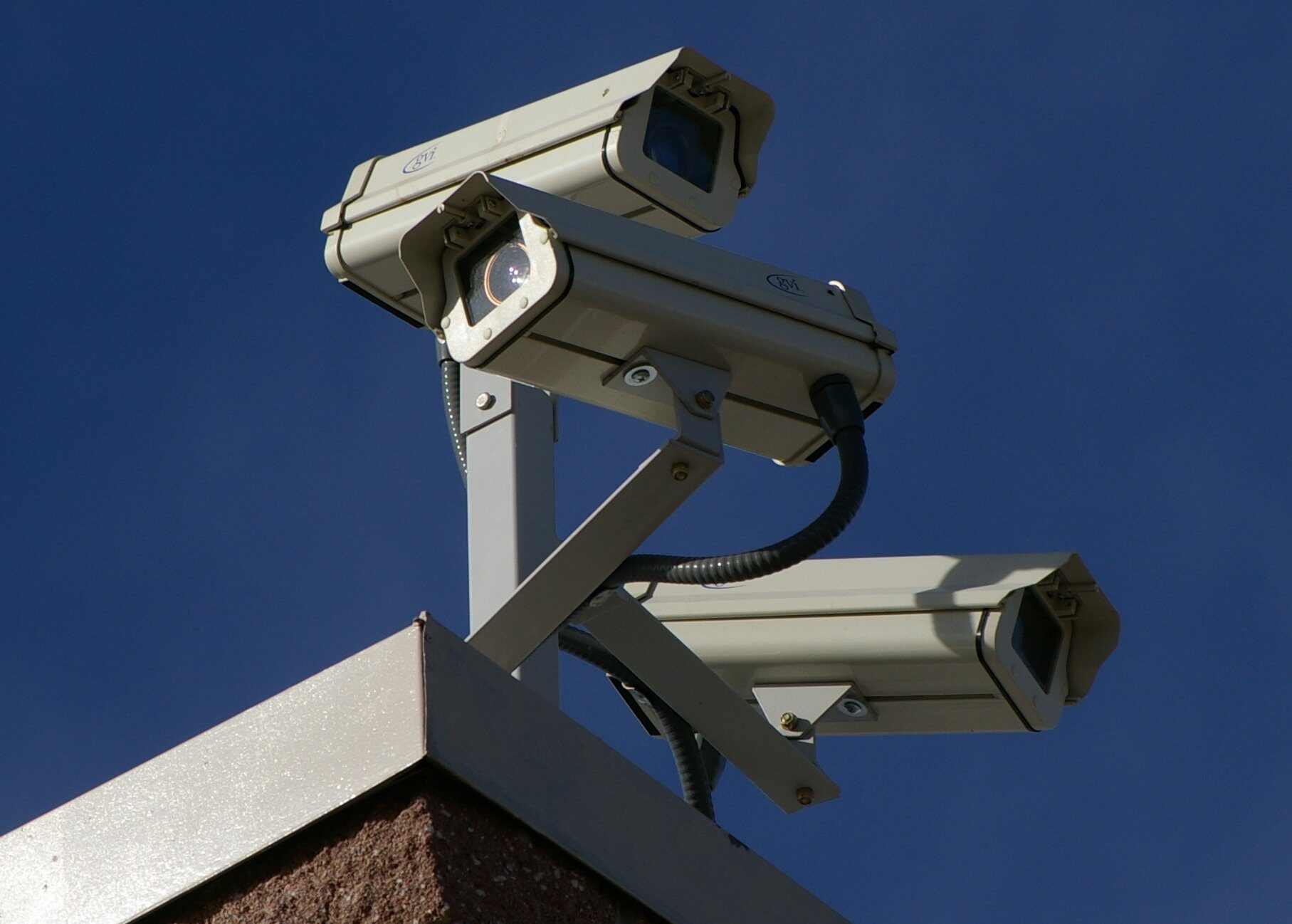Science
Rethinking Workplace Surveillance: A Deep Dive into Its Effectiveness

Workplace surveillance has sparked significant debate regarding its effectiveness in managing employee performance and ensuring productivity. Initially designed to monitor staff and streamline operations, this approach has evolved into a pervasive tool that, many argue, fails to address the root causes of workplace issues.
Historically, workplace surveillance raised eyebrows over its focus on trivial matters, such as timing employee breaks and monitoring restroom usage. Management embraced this approach, viewing it as a convenient method to oversee staff without engaging in direct supervision. However, this method often backfired, resulting in a culture of mistrust rather than improved efficiency.
Surveillance vs. Management: The Disconnection
The current state of workplace surveillance resembles a persistent shadow; it exists in various forms, yet its original purpose seems obscured. Intended to serve as a performance enhancement tool, many organizations have instead found themselves embroiled in disputes and conflicts over privacy and employee morale. The financial implications are significant; resources allocated for surveillance may not yield the anticipated return on investment. Instead of enhancing productivity, companies frequently spend to enforce rules and resolve disputes, diverting attention away from genuine management practices.
Critics assert that workplace surveillance often manifests as a lazy alternative to effective leadership. Rather than addressing underperformance through proper supervision and support, management may opt to rely on surveillance tools. This reliance can create an environment where employees feel undervalued and scrutinized, leading to increased stress levels, particularly in times of economic uncertainty.
The crux of the issue lies in the true impact of surveillance. Research indicates that underperformance is frequently linked to ineffective management rather than employee negligence. When management fails to provide direction or ensure that tasks are completed effectively, the blame often shifts to the employees.
Reassessing Objectives: The Call for Clarity
As organizations grapple with the implications of workplace surveillance, one question persists: what is its true purpose? If surveillance cannot effectively deter fraud or enhance productivity, its role becomes increasingly questionable. The notion that surveillance can improve employee output or address systemic issues is debatable. In the United States, for instance, fraud remains prevalent despite extensive monitoring systems.
Surveillance tools, such as keystroke monitors, have proven ineffective in preventing fraud or addressing performance issues. Often, these problems only become apparent after they have escalated into significant concerns. Thus, the question arises: does workplace surveillance serve as an asset or a liability for organizations?
The historical trajectory of workplace surveillance suggests a need for clearer objectives. Organizations must define the intended outcomes of their surveillance practices. Without a clear framework, companies risk perpetuating a cycle of mismanagement and resentment among employees.
In conclusion, workplace surveillance warrants a critical reevaluation. Organizations should consider whether these practices are enhancing productivity or merely serving as a superficial solution to deeper managerial problems. Only by aligning surveillance objectives with effective management practices can companies hope to create a supportive and productive work environment.
-

 World3 months ago
World3 months agoScientists Unearth Ancient Antarctic Ice to Unlock Climate Secrets
-

 Entertainment4 months ago
Entertainment4 months agoTrump and McCormick to Announce $70 Billion Energy Investments
-

 Lifestyle3 months ago
Lifestyle3 months agoTransLink Launches Food Truck Program to Boost Revenue in Vancouver
-

 Science4 months ago
Science4 months agoFour Astronauts Return to Earth After International Space Station Mission
-

 Technology2 months ago
Technology2 months agoApple Notes Enhances Functionality with Markdown Support in macOS 26
-

 Top Stories2 weeks ago
Top Stories2 weeks agoUrgent Update: Fatal Crash on Highway 99 Claims Life of Pitt Meadows Man
-

 Sports3 months ago
Sports3 months agoSearch Underway for Missing Hunter Amid Hokkaido Bear Emergency
-

 Politics3 months ago
Politics3 months agoUkrainian Tennis Star Elina Svitolina Faces Death Threats Online
-

 Technology3 months ago
Technology3 months agoFrosthaven Launches Early Access on July 31, 2025
-

 Politics3 months ago
Politics3 months agoCarney Engages First Nations Leaders at Development Law Summit
-

 Entertainment3 months ago
Entertainment3 months agoCalgary Theatre Troupe Revives Magic at Winnipeg Fringe Festival
-

 Politics2 weeks ago
Politics2 weeks agoShutdown Reflects Democratic Struggles Amid Economic Concerns









